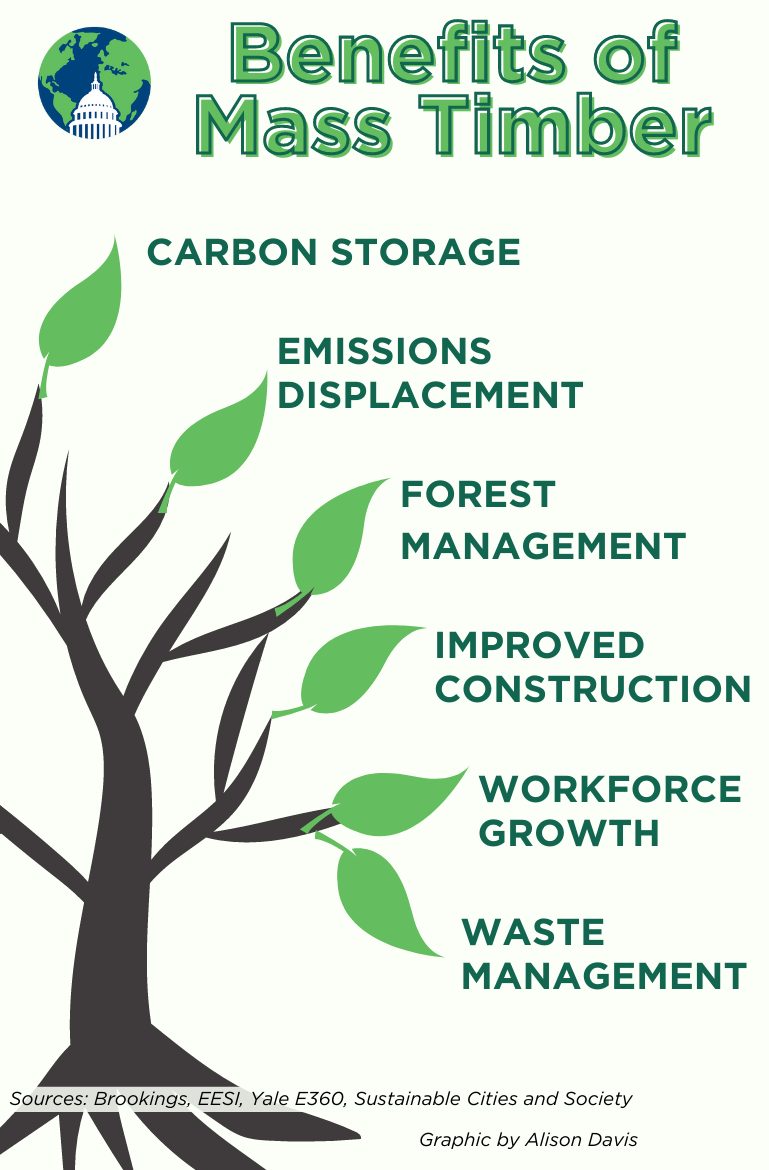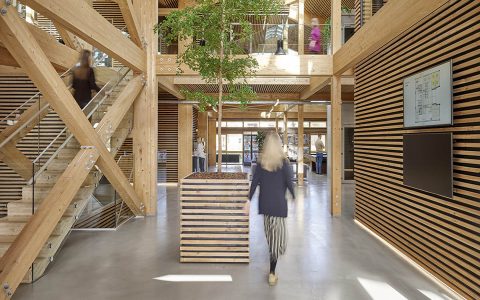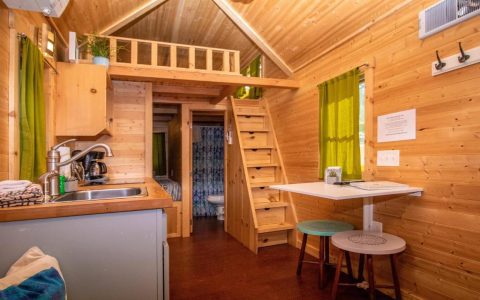The resurgence of timber in architecture highlights its unparalleled advantages, driving sustainable, efficient, and human-centric design.
Sustainability and Carbon Sequestration
Wood is a renewable resource that actively absorbs CO2 during growth, locking carbon and reducing the overall carbon footprint of buildings.
Energy Efficiency and Thermal Performance
Timber's natural insulation properties provide superior thermal mass, cutting heating and cooling energy use by up to 30% compared to concrete or steel.

Construction Speed and Flexibility
Prefabricated wood components enable rapid assembly, with projects completing 20-30% faster, and allow for versatile, custom designs through modular systems.
Health and Well-Being Enhancements
Wood surfaces regulate humidity and release fewer VOCs, improving indoor air quality and reducing stress, which promotes occupant health.
Aesthetic Appeal and Biophilic Connection
The warm, natural look of wood enhances visual comfort and creates inviting spaces, fostering emotional well-being and increasing property value.
Timber architecture combines these benefits to deliver high-performance, eco-friendly structures that outperform conventional materials.





